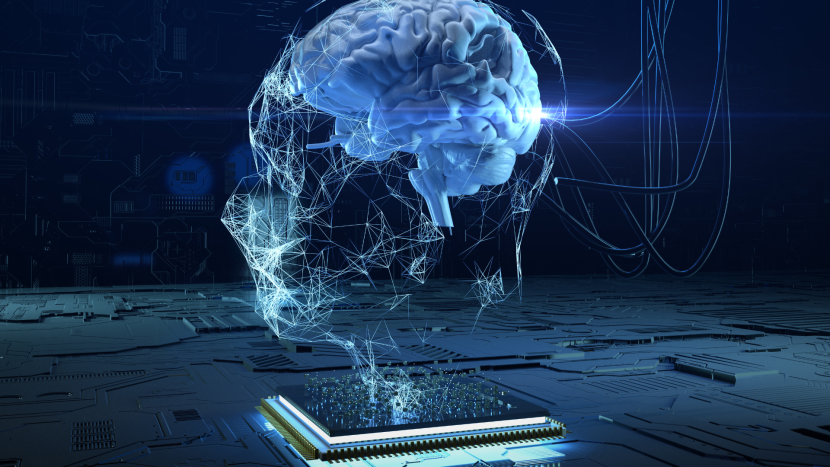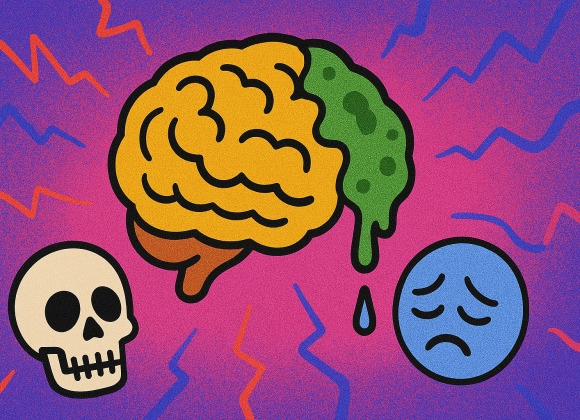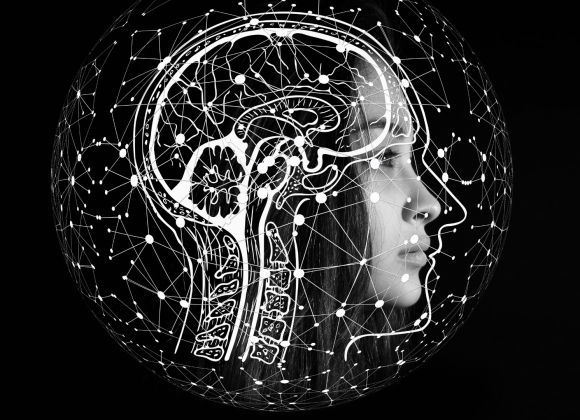Have you ever scrolled through your phone, responded to messages, and suddenly realized you remember none of it? That’s your brain on autopilot — operating out of habit, not conscious intention. While this mode helps us save mental energy for daily routines, it becomes a problem when we apply the same passive thinking to important decisions. In a world flooded with information, distractions, and polarized narratives, critical thinking is more vital than ever. When we stop questioning, analyzing, and reflecting, we become vulnerable to misinformation, poor judgment, and social conformity. This blog explores what really happens when we let our minds run on autopilot — and why it’s essential to stay mentally awake.
What Is Mental Autopilot?
Mental autopilot refers to a cognitive state in which we perform actions or make decisions with little to no conscious thought. It’s the brain’s way of conserving energy by relying on habits, routines, and past experiences to guide behavior. This automatic mode allows us to complete familiar tasks—like tying our shoes, brushing our teeth, or commuting to work—without actively thinking about each step.
While mental autopilot is useful for efficiency, it becomes problematic when we apply it to areas that require awareness, reasoning, and analysis. In these situations, instead of pausing to evaluate or question what we’re doing or hearing, we simply react based on default patterns. This can lead to poor decision-making, cognitive biases, and a general lack of engagement with the world around us.
In essence, mental autopilot is like cruise control for the brain: helpful on a smooth, familiar road—but risky when conditions change and quick, thoughtful responses are needed.
What Happens When We Stop Thinking Critically?
When we stop thinking critically, we surrender one of our most powerful cognitive tools — the ability to evaluate, question, and reason. While mental shortcuts help us manage everyday life, overreliance on them can lead to serious consequences in how we perceive, decide, and interact with the world.
- We Become More Vulnerable to Misinformation
Without critical thinking, we’re more likely to accept information at face value, especially if it aligns with our existing beliefs or emotions. This makes us easy targets for fake news, conspiracy theories, and manipulative content—especially in today’s algorithm-driven digital world.
- We Fall Into Cognitive Biases
Biases like confirmation bias (favoring information that confirms what we already believe) and availability bias (relying on recent or easily recalled information) become dominant when we’re not thinking deeply. This distorts our judgment and can lead to flawed conclusions.
- Our Problem-Solving Abilities Decline
Critical thinking is essential for evaluating problems, weighing solutions, and anticipating outcomes. Without it, we default to the easiest or most familiar option — even if it’s not the best one — and struggle with complex decision-making.
- We Conform Without Questioning
A passive mind often adopts the views of the crowd without analyzing their validity. This leads to social conformity, groupthink, and the suppression of individuality — especially in workplaces, classrooms, and public discourse.
- Creativity and Innovation Suffer
Critical thinking encourages curiosity and “what if” thinking. Without it, we stop challenging assumptions and miss opportunities to explore new ideas or solutions. Mental stagnation sets in.
- We Lose Personal Agency
When we stop thinking critically, we give up control over our choices. We become reactive instead of proactive — shaped by external influences rather than inner values and logic.
Why Do We Default to Autopilot?
Our brain saves energy by switching to autopilot during routine tasks. It avoids critical thinking when it isn’t necessary. Habits form through repetition, allowing the brain to perform actions without conscious effort. This helps us function efficiently in daily life.
When we feel tired or stressed, we rely more on automatic thinking. The brain resists effortful thought to protect itself from overload. Constant digital distractions and multitasking weaken our ability to focus. We skim, scroll, and react instead of pausing to think.
Information overload makes the brain default to shortcuts. It chooses familiarity and speed over deep thinking. Autopilot also gives a sense of comfort. It keeps us in safe mental patterns and avoids discomfort.
But this ease comes at a cost. Autopilot blocks growth, awareness, and meaningful reflection. Without effort, we lose critical thinking and control.
How to Reclaim Critical Thinking
Reclaiming critical thinking starts with awareness. The first step is recognizing when your mind has slipped into autopilot — when you’re accepting information without questioning it, reacting without reflection, or following routines without intention. Once you’re aware, you can begin to take back control of your thought processes.
Start by slowing down. In a fast-paced, hyperconnected world, it’s easy to rush through decisions or consume information without scrutiny. Pause before responding. Ask questions like: Is this true? What’s the source? Could there be another perspective? This simple habit can dramatically sharpen your reasoning.
Limit distractions and multitasking. Deep thinking requires focused attention, and constant interruptions prevent your brain from processing information at a deeper level. Choose moments in your day to unplug, reflect, and engage fully with one task at a time.
Expose yourself to diverse viewpoints. Listening to people with different backgrounds or beliefs helps challenge your assumptions and expand your thinking. It encourages you to weigh evidence, reconsider biases, and arrive at more informed conclusions.
Finally, make reflection a daily practice. Whether through journaling, discussion, or quiet thought, reflecting on your decisions, beliefs, and actions strengthens your critical thinking muscle. It shifts your mindset from reactive to deliberate — from passive to purposeful.
Final Thoughts
Operating on autopilot is a natural part of how our brains function — it helps us navigate routine tasks with ease. But when we extend this passive mode to important decisions, relationships, or information processing, we risk losing our ability to think independently, solve problems creatively, and engage meaningfully with the world around us. In an age overwhelmed by information and distraction, critical thinking is not just useful — it’s essential. By slowing down, asking questions, and reflecting with intention, we can reclaim our mental clarity and make more conscious, thoughtful choices. The goal isn’t to eliminate autopilot, but to know when to switch it off — and take the wheel.




